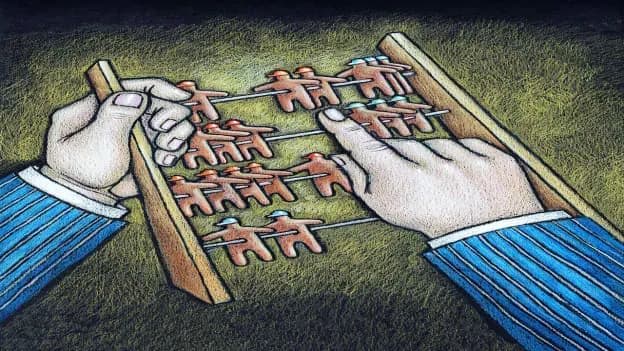Singapore's wages council urges against layoffs

Singapore's National Wages Council, the advisory body representing employers, employees, and the government, last week released an update to its annual guidelines strongly encouraging businesses to avoid retrenchments, even if this means further wage cuts. Back in March, when the NWC released its original guidelines for 2020, the council had recommended that companies reduce wages only after trimming non-wage costs. However, COVID-19's impact on the economy, and the mounting difficulties faced by companies, soon led the NWC to convene a second time.
In an acknowledgement that wage cuts are likely inevitable, if not already implemented, for many businesses, the updated guidelines now call for companies to minimize retrenchments "to the greatest extent possible". Employers are urged to "retain existing employees through appropriate cost-saving measures, retrain and redeploy employees in restructured business units to new jobs within the company, and continue to equip them with skills for the future."
"It's about creating a balance where, beyond other cost cuts, wage cuts are necessary not only for companies to get through the crisis, but also to minimize the retrenchments," said NWC chairman Peter Seah, who is also the chairman of DBS Bank.
The updated guidelines offer detailed guidance on implementing wage cuts, including the following principles:
-
Wage cuts should be temporary, made with employees' support, and reversed once business conditions allow.
-
Employers should adopt the flexible wage system for more effective control over how wage cuts are carried out, particularly to increase the variable—and reducible—wage component at middle and senior management level.
-
Wage cuts should not be made solely to any one group of employees, and employers should consider varying cuts "to take into account the ability to cope with such cuts at different salary tiers"—specifically, management should lead by example and take earlier and deeper cuts.
-
Low-wage workers, defined as those earning a basic monthly wage of S$1,400 or less, should not be subjected to a wage cut but instead a wage freeze, and employers should avoid cuts that cause any workers to fall below the S$1,400 threshold.















